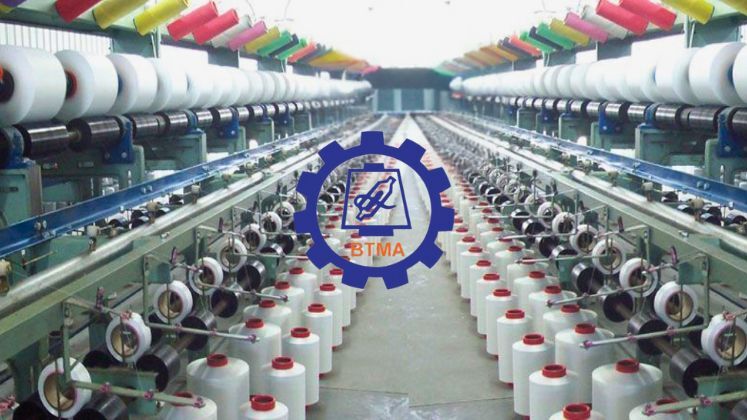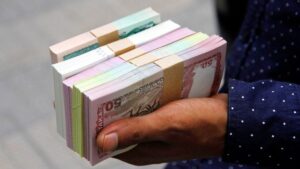
Leaders from the Bangladesh Textile Mills Association (BTMA) called on the Bangladesh Bank for assistance in recovering overdue payments from commercial banks related to back-to-back letters of credit (LCs) for yarn and fabric supplied to the ready-made garment (RMG) sector.
During a meeting with the central bank’s governor, Ahsan H Mansur, BTMA representatives expressed concerns over a severe liquidity crisis affecting their mills, with outstanding bills totaling $270 million remaining unpaid across various banks. They highlighted that in some instances, payments have not been settled even after a two-year wait since the bills matured.
Showkat Aziz Russell, president of the BTMA, pointed out that while member mills have fulfilled their obligations under the back-to-back LCs, some banks are failing to honour payments at maturity, causing significant operational challenges for the mills. This situation has particularly hampered their ability to repay loans.
Additionally, BTMA officials criticised commercial banks, including state-owned ones, for not accepting partial payments or advance payments related to export development fund (EDF) loans, which has further delayed their capacity to make timely repayments. They requested guidance from the central bank to ensure that banks allow partial adjustments for these loans.
The governor of the Bangladesh Bank assured BTMA that he would take necessary steps to facilitate the payment of matured bills for yarn and fabric supplied to RMG factories. Mansur also indicated that the central bank would contemplate allowing partial adjustments for EDF loans.
Furthermore, BTMA urged the Bangladesh Bank to reconsider a recent circular stipulating that any installment not paid within the designated timeframe would be deemed overdue three months post-due date, with a deadline for all loans set for 31st March 2025, to avoid overdue status. The association requested an extension of the repayment period to six months in light of recent challenges, including surging gas prices, rising worker wages, political instability, and inadequate utilities, which have resulted in 50-60 per cent of production capacity remaining underutilised in many export-oriented textile mills.
BTMA leaders emphasised the difficulties faced by the export-oriented primary textile sector in meeting loan obligations as outlined in the circular, citing the adverse effects of ongoing global conflicts and domestic issues. Key figures present at the meeting included BTMA Vice President Md Abul Kalam and former President Mohammad Ali Khokon.






